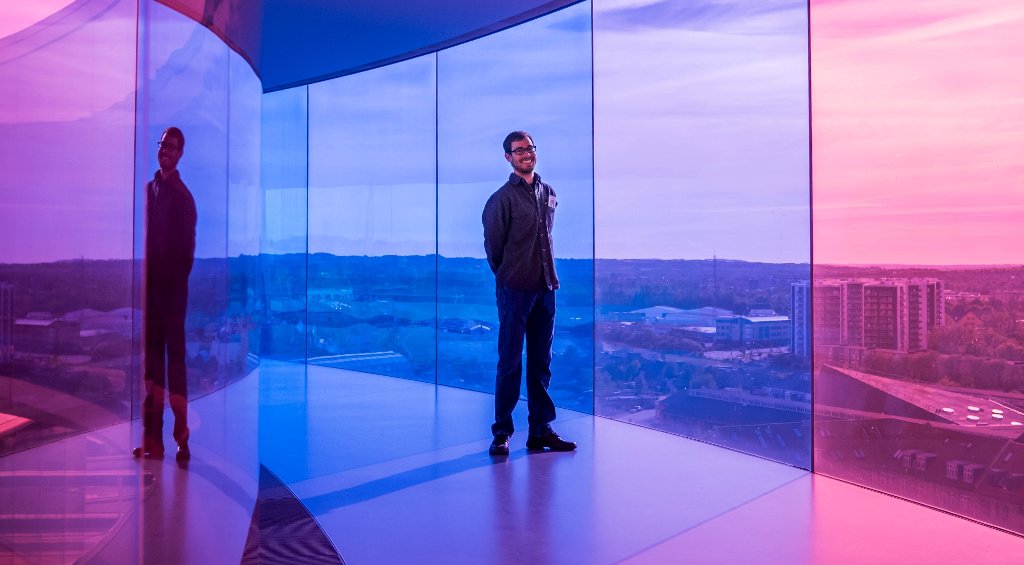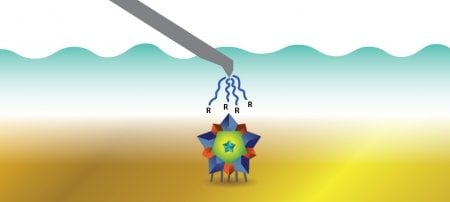Denmark plus health sciences plus undergraduate research equals a summer to remember as students tell in this video.
What do museum windows, enzymatic biomarkers, and smørrebrød have in common? Inspiring students to think outside the cultural box they grew up in through the International Research Experience for Students (IRES) program.
In June and July, five undergraduate students spent eight weeks in Aarhus, Denmark to study the engineering and biochemistry of point-of-care devices to improve detection of diseases like malaria and tuberculosis. Specifically, they worked on three projects designed to teach them not only about the underlying science and lab techniques but also about building effective international research teams.

Michigan Tech-Aarhus NSF International Research
The video was produced by undergraduate student Taran Schatz, who joined the team for two weeks in Aarhus, with assistance from Erin Smith, director of Humanities Digital Media at Michigan Technological University.
Caryn Heldt, James and Lorna Mack Chair in Bioengineering and associate professor of chemical engineering at Michigan Tech, is the lead researcher on the IRES Denmark project. She will gather a new cohort each year for the next three years to continue the IRES project, which contributes to existing research collaborations she pursues to create microdevices for disease detection.
"Improved point-of-care disease detection will improve health care around the world, especially in developing countries," Heldt says. "This opportunity for US students to work in another country will bring insight not only to their studies, but to a different worldview than they may have experienced in the US."
Michigan Technological University is an R1 public research university founded in 1885 in Houghton, and is home to nearly 7,500 students from more than 60 countries around the world. Consistently ranked among the best universities in the country for return on investment, Michigan's flagship technological university offers more than 185 undergraduate and graduate degree programs in science and technology, engineering, computing, forestry, business, health professions, humanities, mathematics, social sciences, and the arts. The rural campus is situated just miles from Lake Superior in Michigan's Upper Peninsula, offering year-round opportunities for outdoor adventure.






Comments